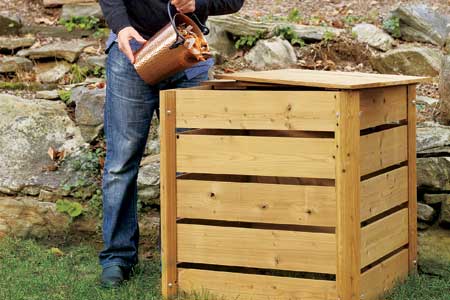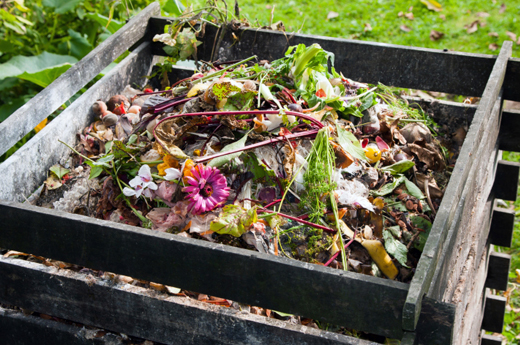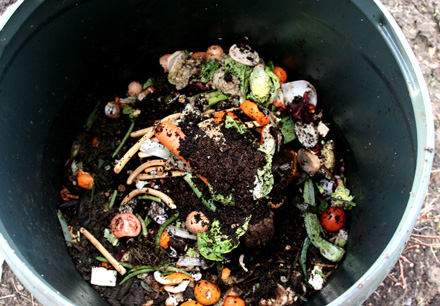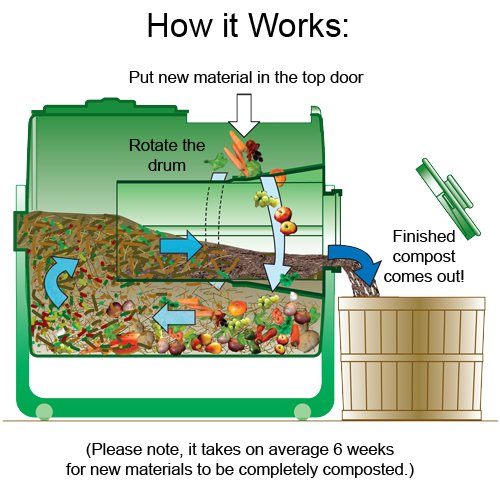Composting is an inseparable part of gardening, thus every gardener, who adores his garden the most, eternally looks for some beneficial compost products and process! We have recently mentioned some apparent ideas about using compost bin on the garden soil in our previous composting article. Now, we are going to enlighten you about the advantages of using compost bin instead of other fertilizing procedure, and at the same time, giving you some valuable suggestions about what kinds of materials perform best for composting. Check this out below-
Why to Use Compost Bin rather Heap:

Heaping organic materials is the easiest way to composting for our garden, as we all know! But, after discovering the huge benefits of the compost bin, the utmost gardeners prefer this method over heap or other fertilizing processes. Several renowned agriculturists have also agreed that the best functional way of fertilizing is using the compost bin to your garden as it serves the crucial nutrition to the soil slowly but steadily, which help more to the growth of your plants.
In addition, if you are looking for the cheaper process with a high benefit then this compost bin is the best product to execute, for sure! All you just need to do this bin is that a large trash can along with a drill machine! So, it’s time to shun the vintage heaping style and try for this highly beneficial compost bin for your lovely garden and beautiful plants.
You may also try DIY Compost Garden Ideas for Beginners article for more ideas.
What Materials can be used for Compost:

We have talked a bit about the best composting products in our fertilizers for growing tomatoes article , where we consider that egg shells and banana peels work great as compost or soil fertilizer. Today, let’s talk about some more beneficial materials that can be used superbly for composting!
Nitrogen and carbon are those two fertilizing methods, you garden soil actually requires, thus, materials, which could produce these two items, works best for the compost, right?
Materials which produce nitrogen to the soil
-
Fruit and vegetable scraps
-
Green leaves tea leaves
-
Coffee grounds
-
Chicken manure
-
Flowers, cuttings
-
Grass clippings
Materials which add carbon to the Soil
-
Dry leaves
-
Wood ash
-
Corn cobs
-
Shredded paper
-
Corn stalks
-
Pine needles
To cater both the products, you can use kitchen and yard wastes in a recycling process, which is considered as hugely advantageous cause for the good environment as well!

You may try theses compost materials and compost bin ideas for growing potatoes.
